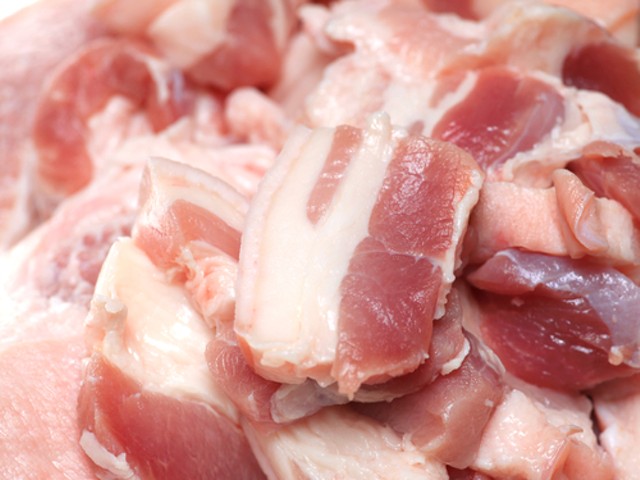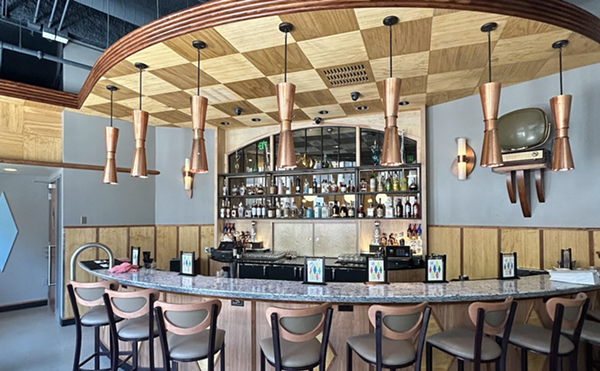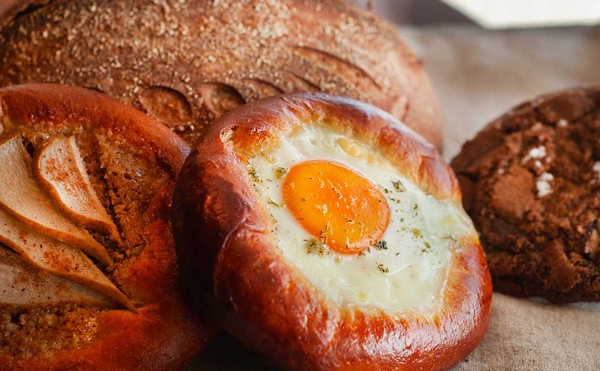When it comes to the complicated science of mixology, there's one thing that's very hard to get wrong. It's so simple, in fact, that it's right in the name: simple syrup. You can make it sweeter or weaker, but it's generally a 50-50 mixture of sugar and water, and it's used to sweeten such classic cocktails as the Mint Julep and Whisky Sour.
Some classicists insist upon using twice as much sugar as water for a sweeter taste and a richer texture, but the principles are the same. You combine sugar and water in a pan or pot, heat gently while stirring until the granules have dissolved, boil for a few minutes (but not long enough to evaporate much of the water) and let the mixture cool. Then, pour it into a bottle, put it in the refrigerator, and it will keep for months. (Be careful to watch for any crystallization when using those richer mixes.)
From these basics, it gets more complicated. Some will insist upon using unprocessed cane sugar. Others will approve of white, granulated cane. Some demand "superfine" sugar for this concoction. The use of "corn sugar" (granulated high-fructose corn syrup) is controversial, as is the substitution of syrup altogether with powdered sugar in the drink-mixing process. The only point of agreement seems to be that there's no reason to buy simple syrup premade.
How quickly a simple matter is complicated in the increasingly turbulent world of craft cocktails!
Further convoluting matters is the rising popularity of agave nectar, which some bartenders use as a substitute for simple syrup. It certainly has its appeal. It comes in attractive bottles and is made from such exotic plants as blue agave, produced in sunnier climes, such as South Africa and Mexico. It's sweeter than honey but pours much more easily. It also has higher fructose content, which disturbs some of those concerned about high-fructose corn syrup. That said, in the human bloodstream, it behaves more like simple fructose, and has a lower glycemic index than sugar.
Also, when it comes to agave nectar, you generally don't have to use as much as simple syrup, around 50 percent to 75 percent as much.
Is its worth overrated? There are skeptics. One thing everybody seems to agree upon is that you should get the best: 100 percent blue agave, organic if possible. Also, it's best suited to its natural alcoholic mate, tequila. It's certainly worth a try. Find a quality craft cocktail bar that can mix up a margarita made with it; you might just kiss simplicity goodbye.





